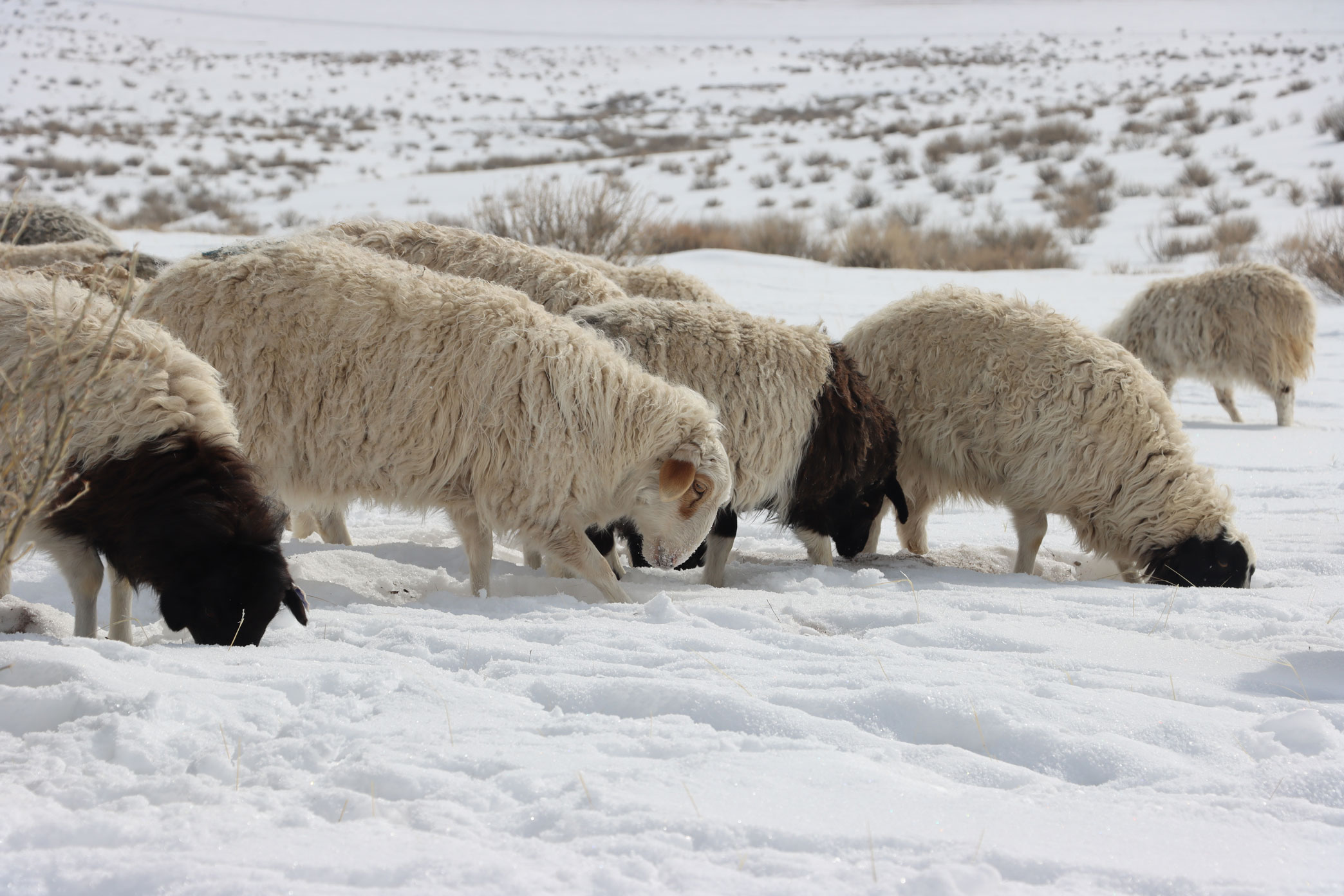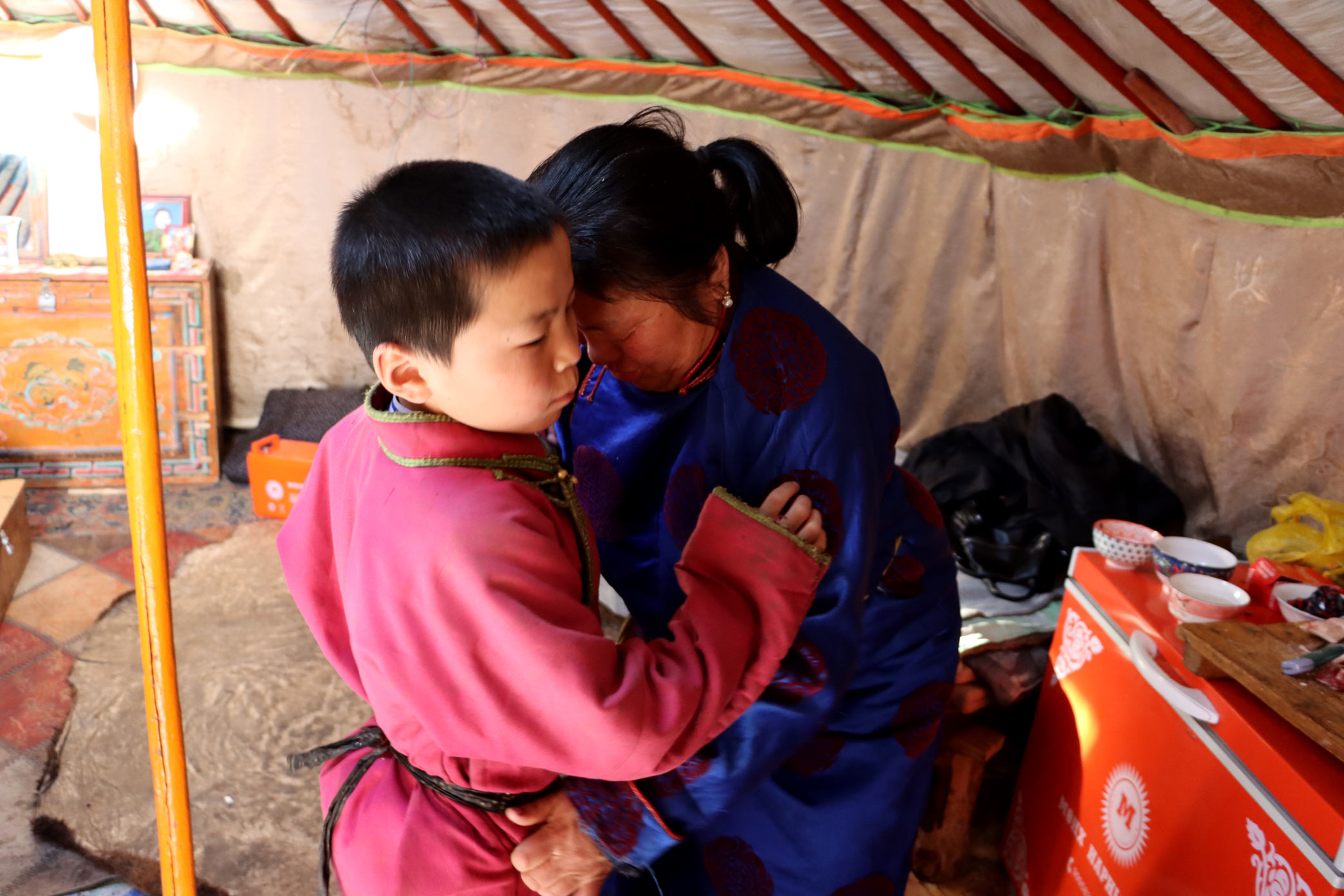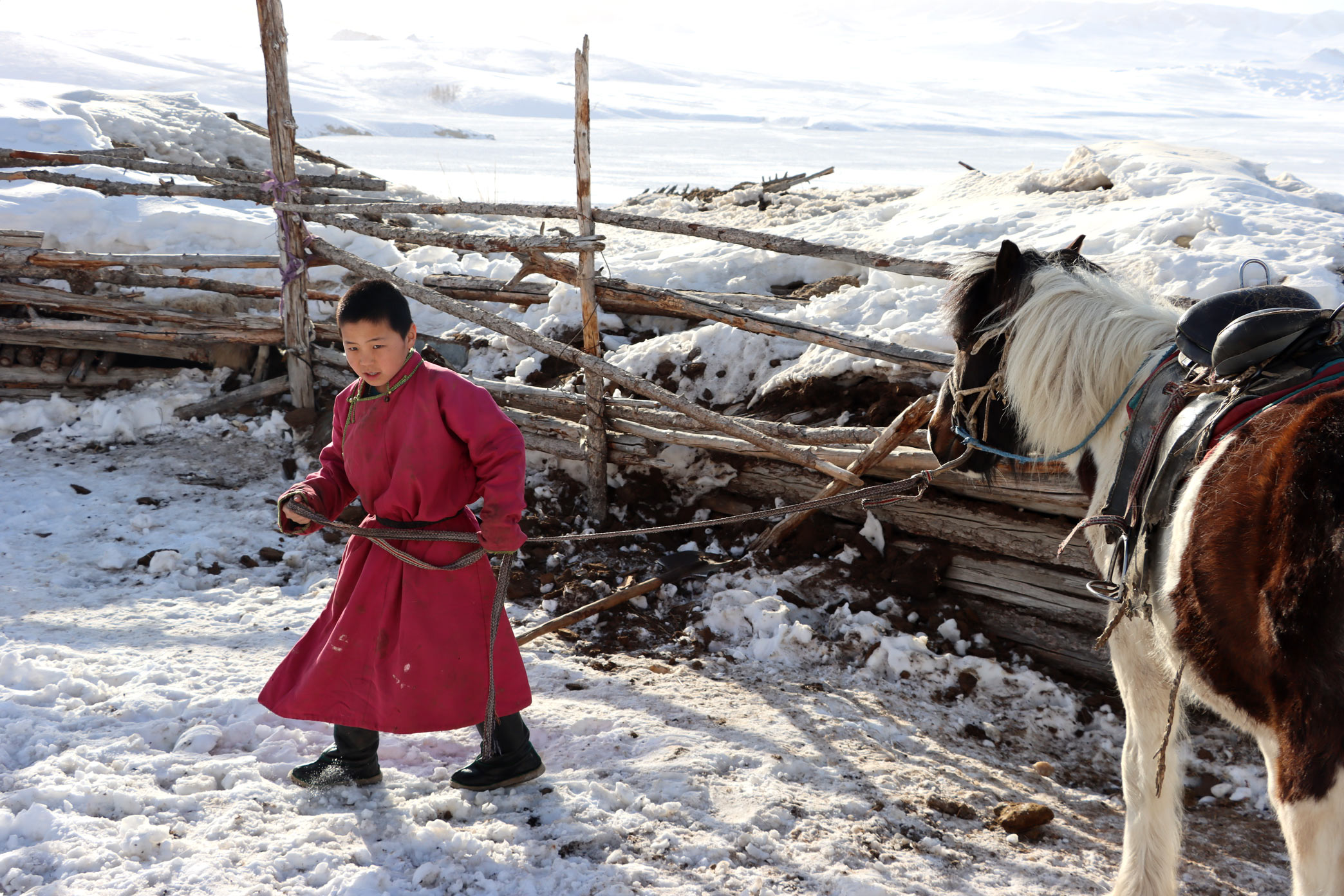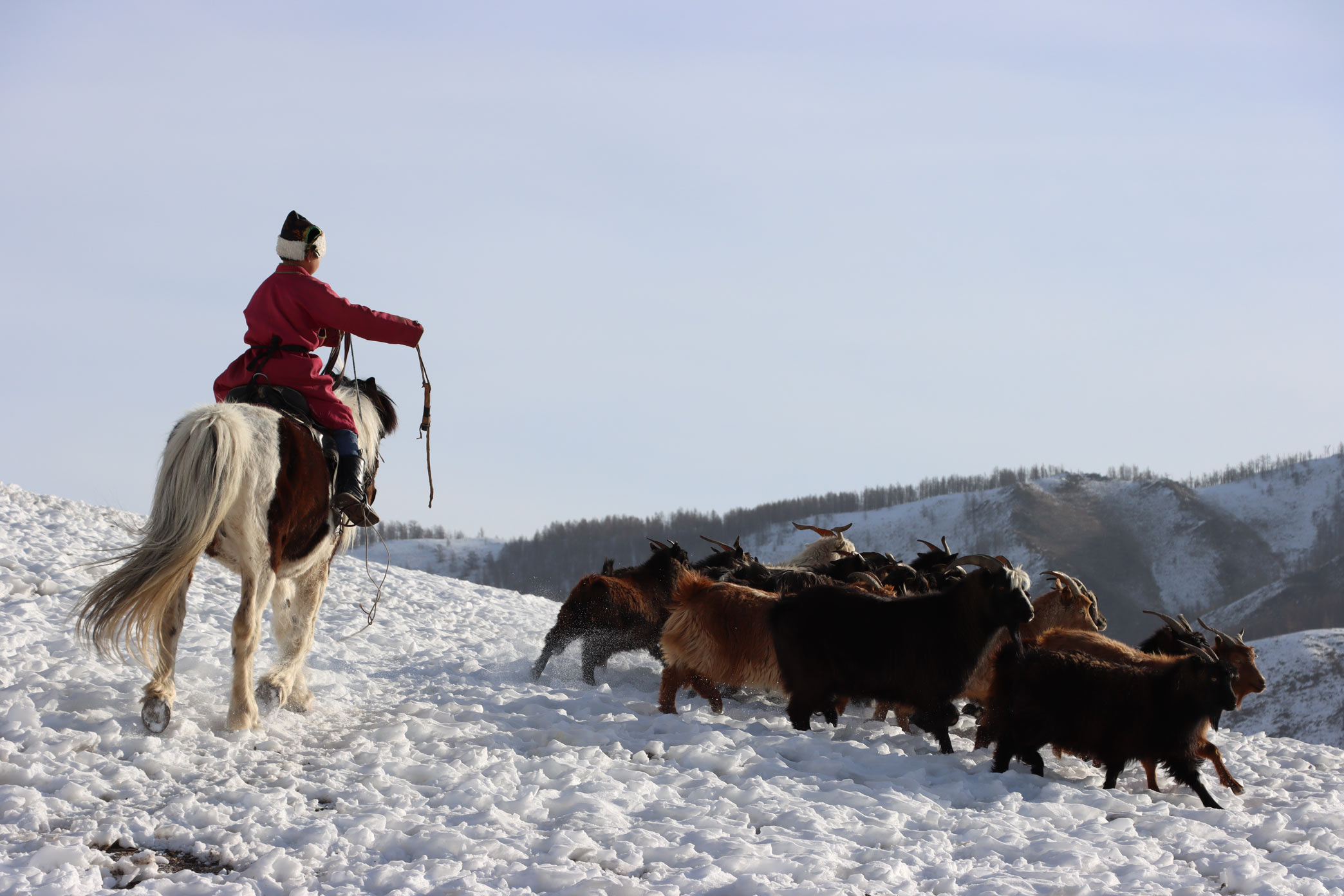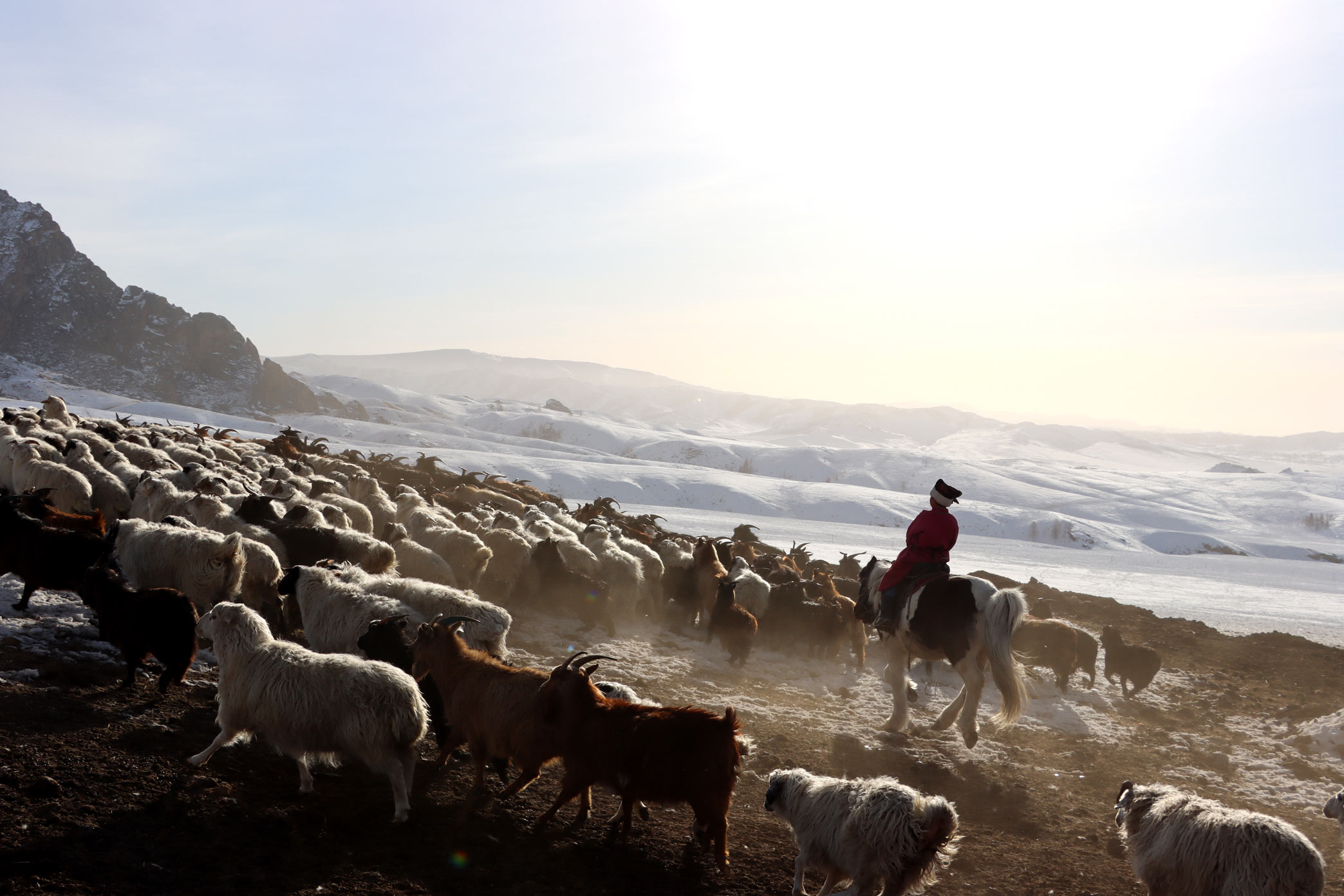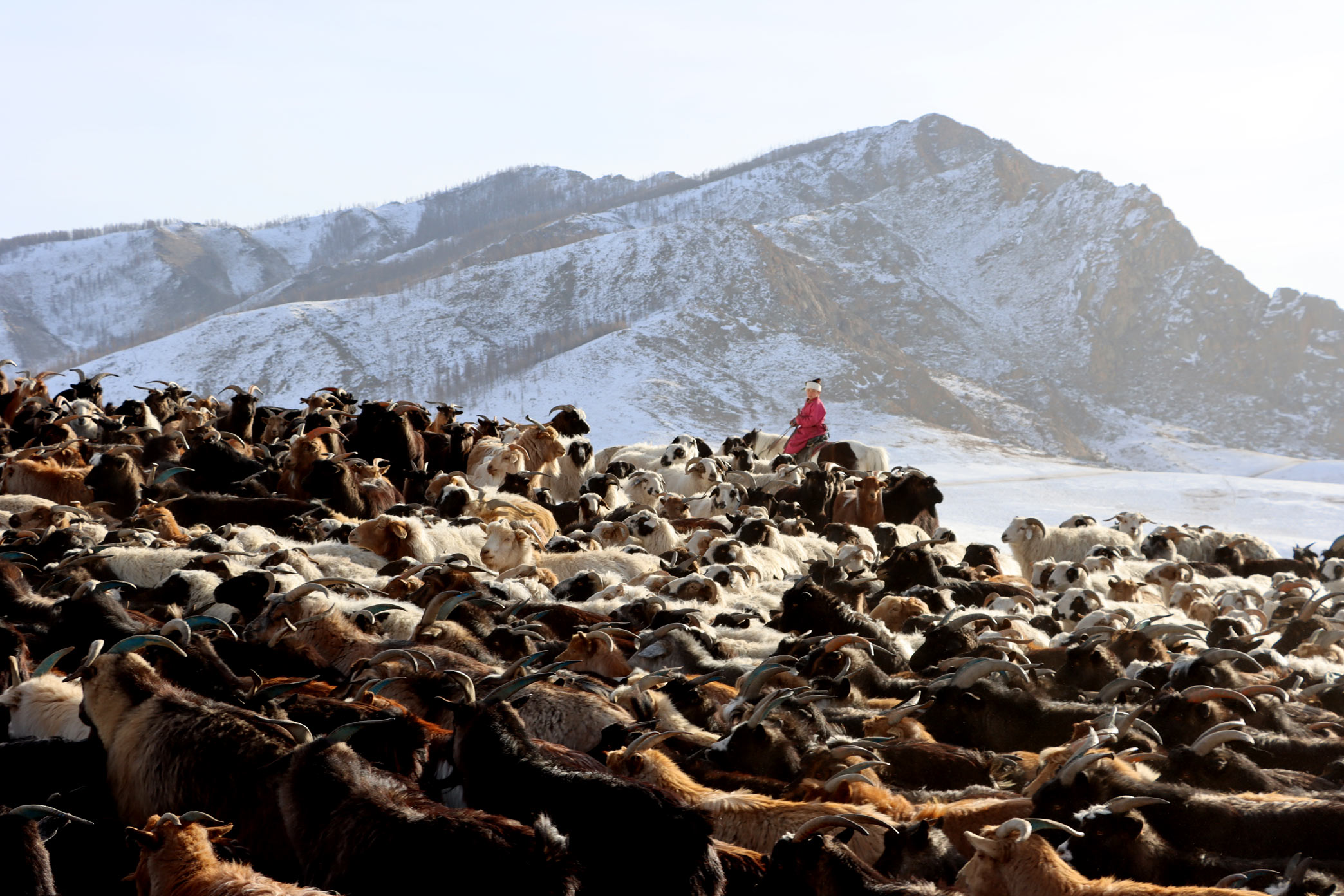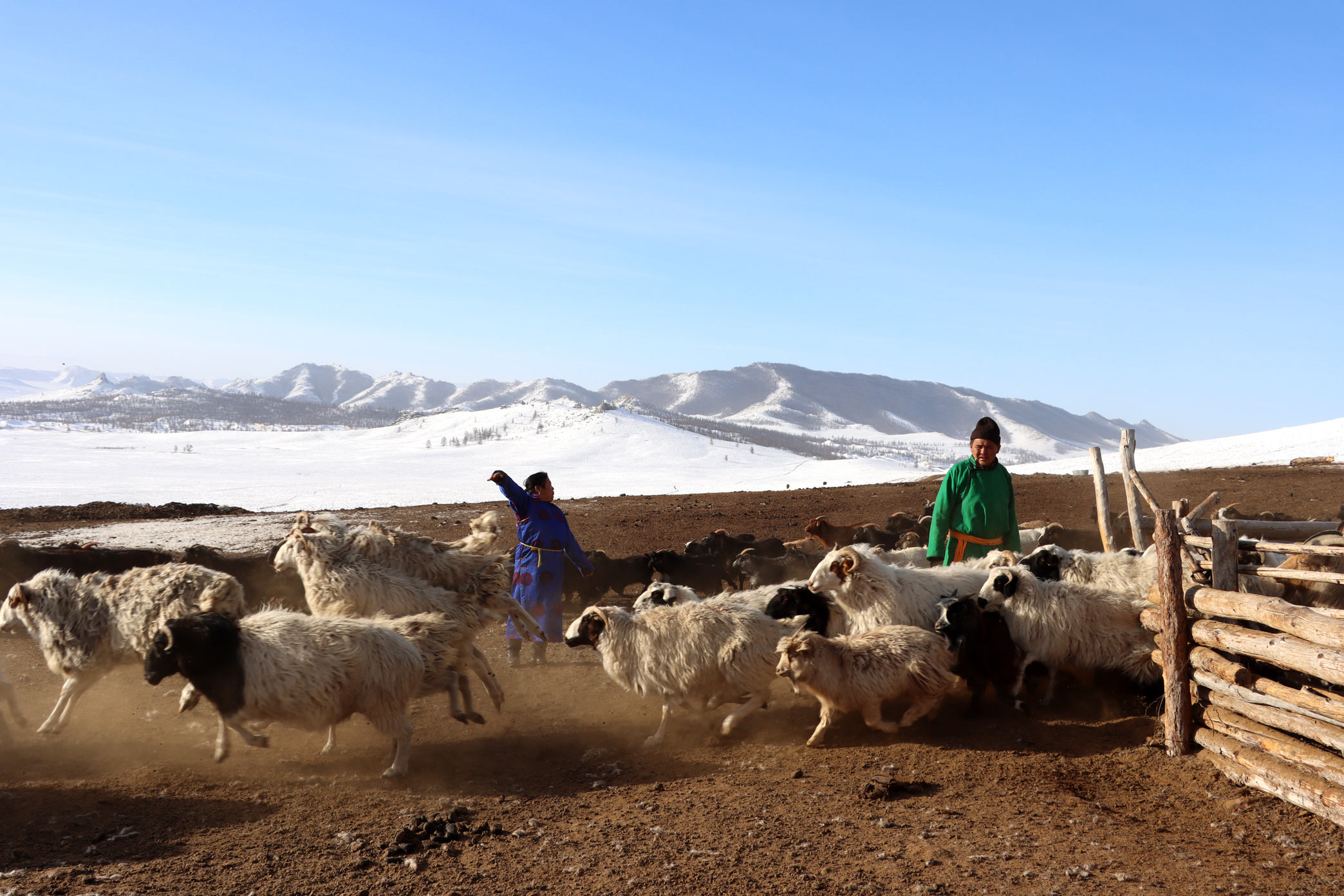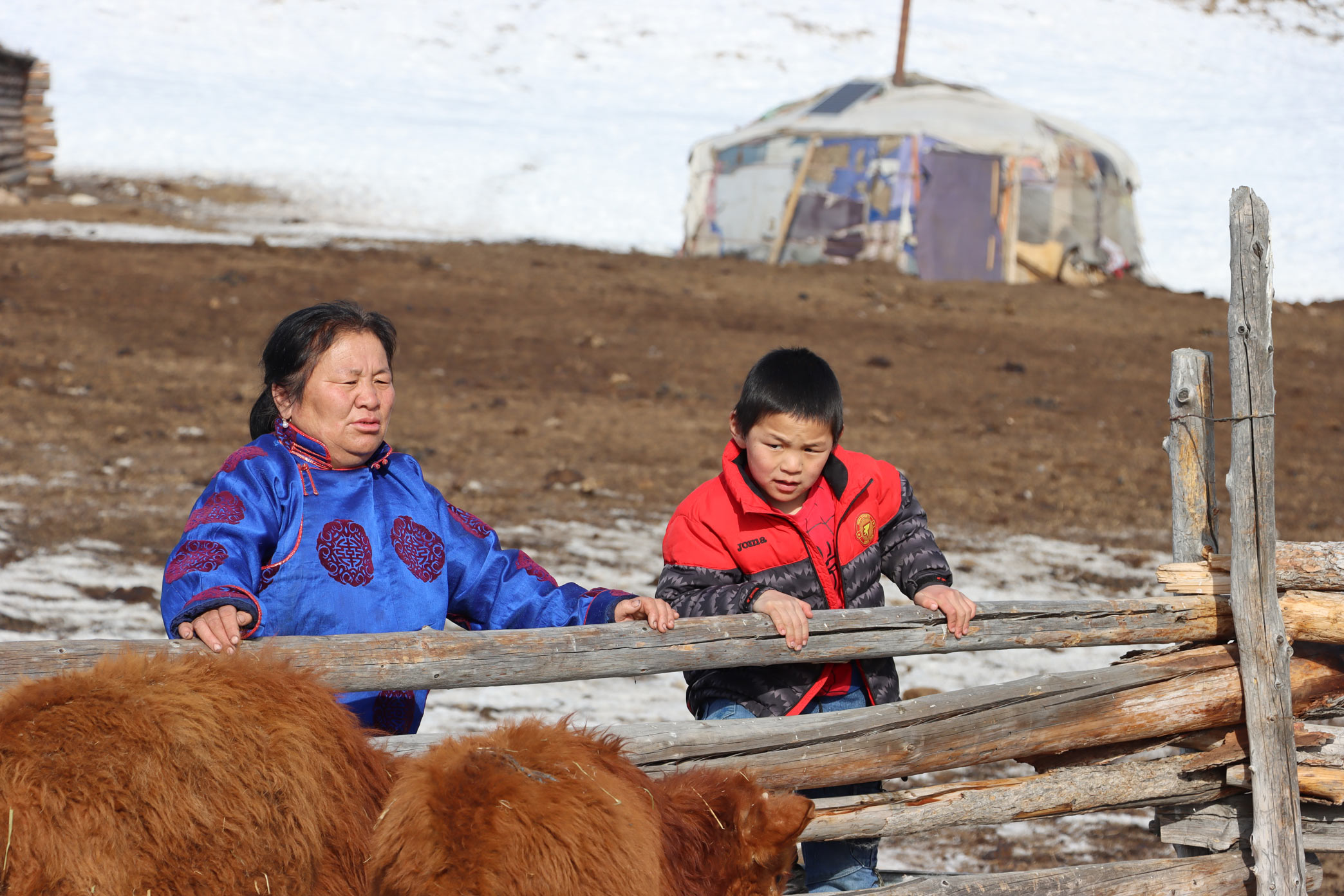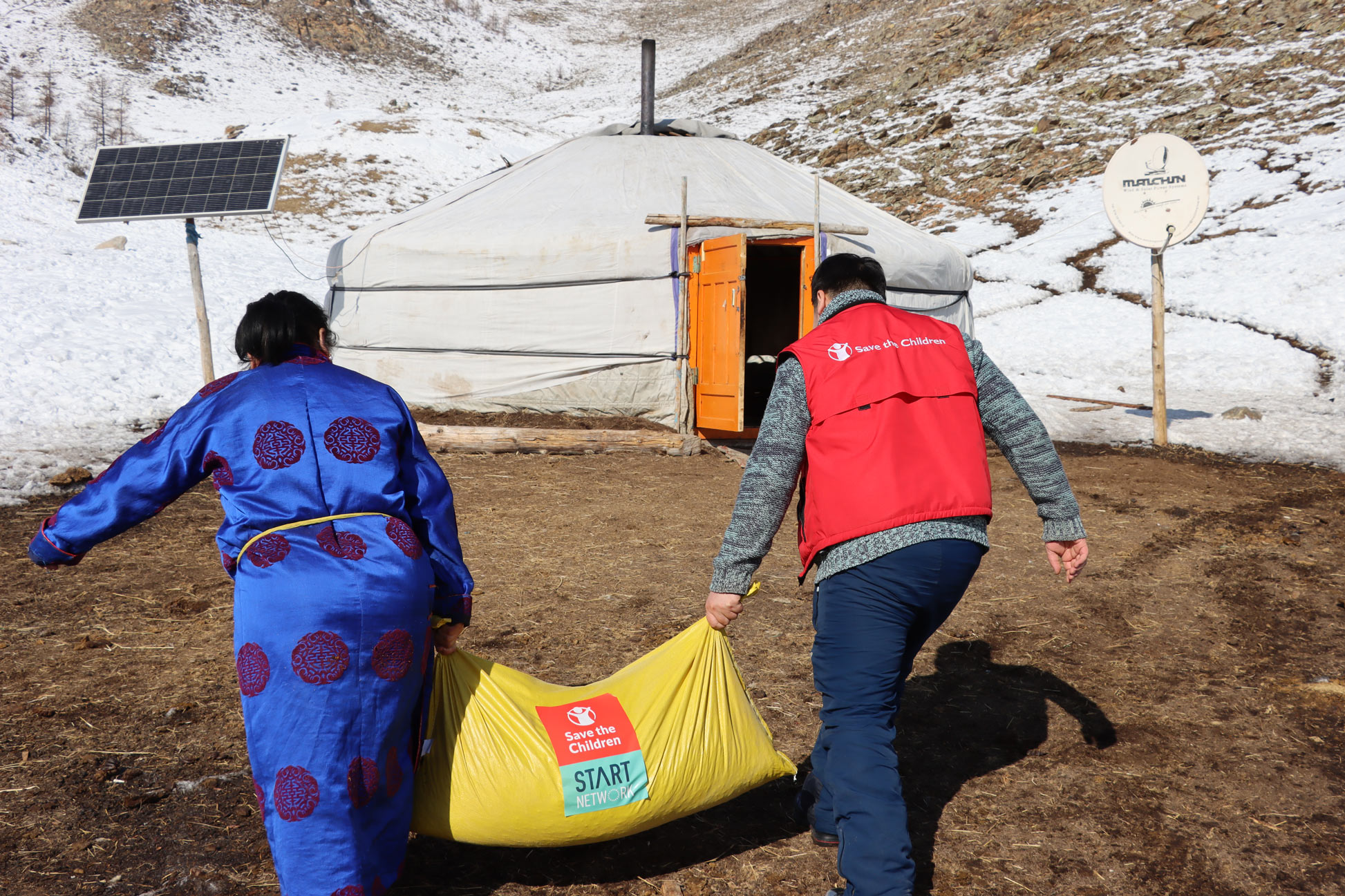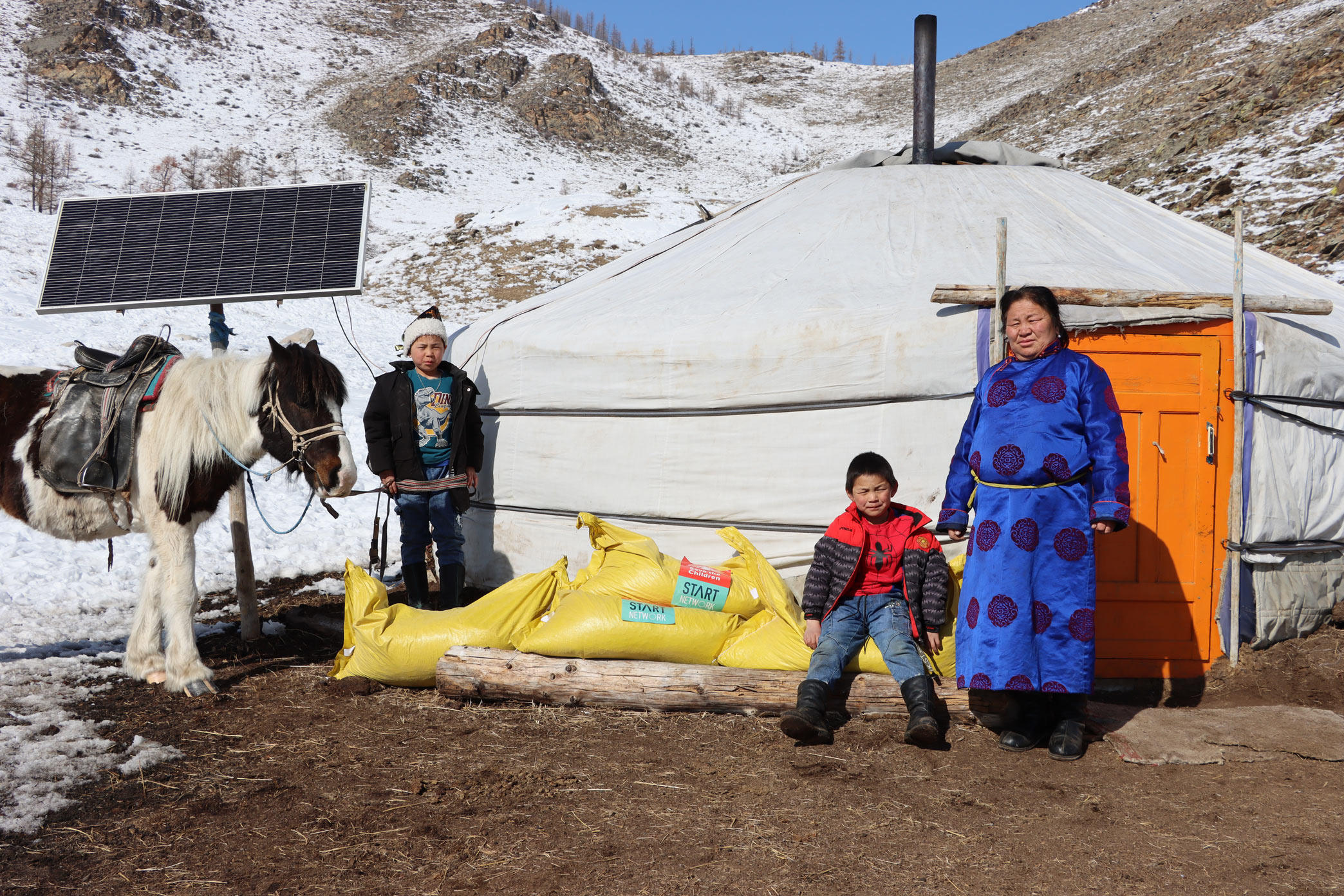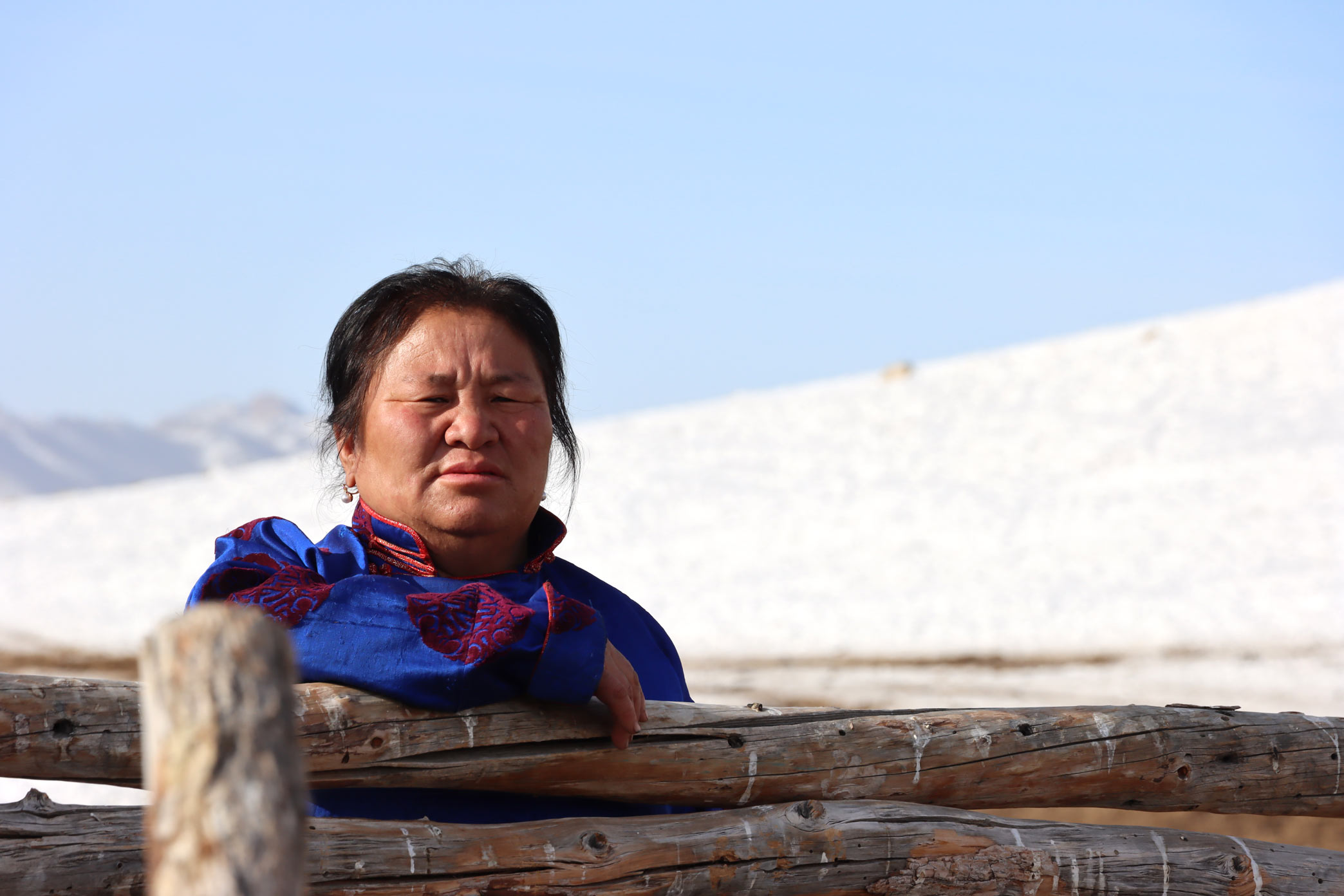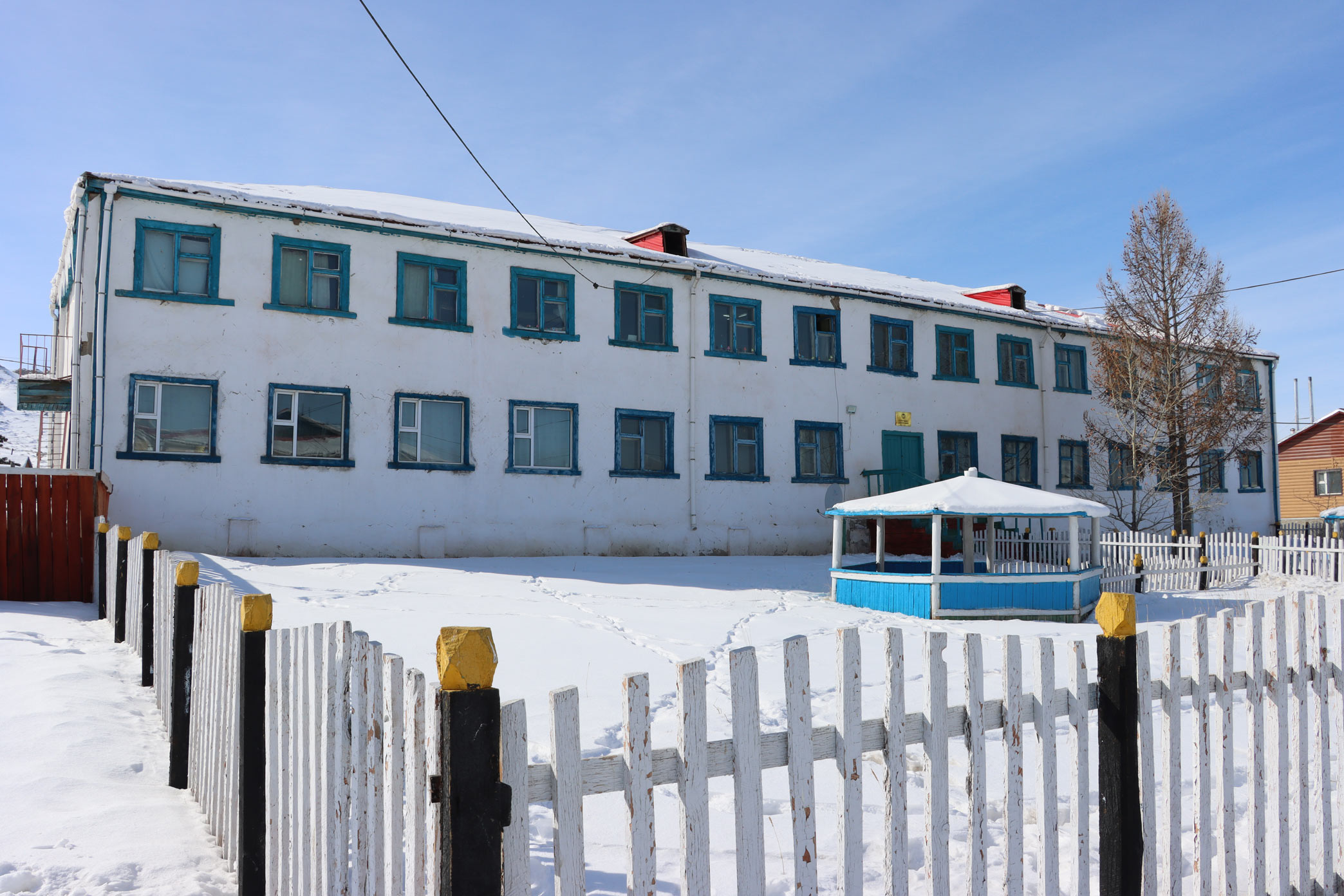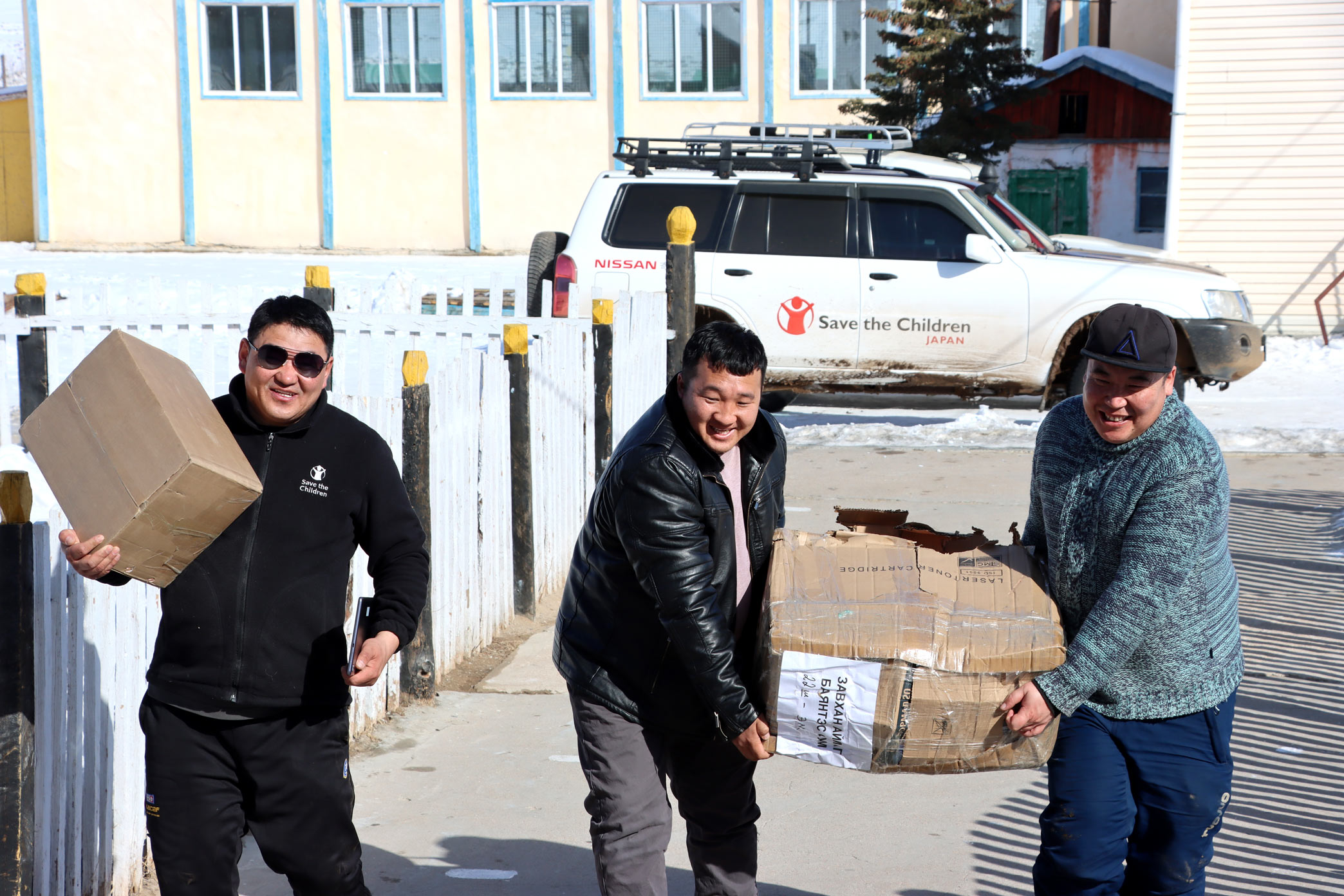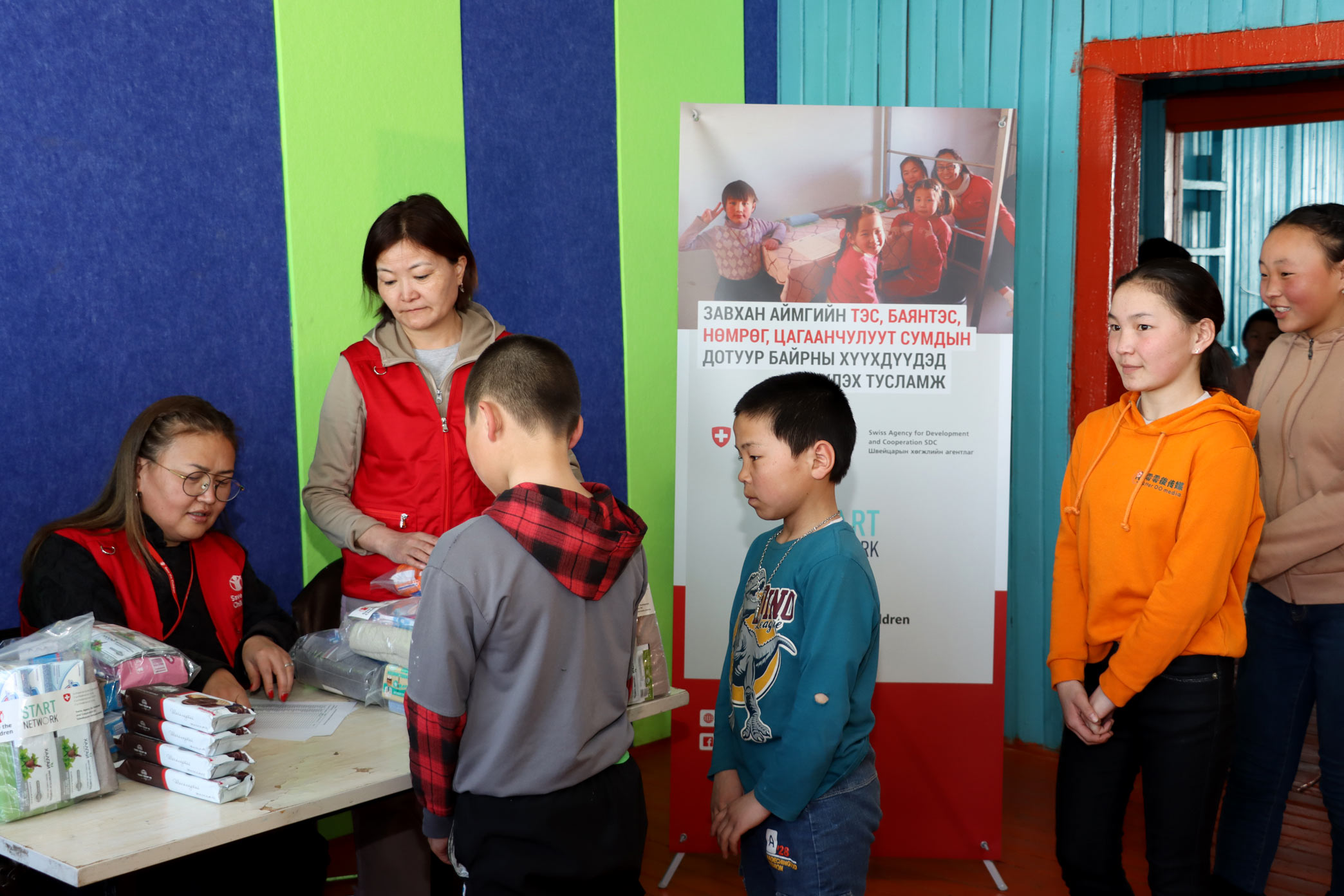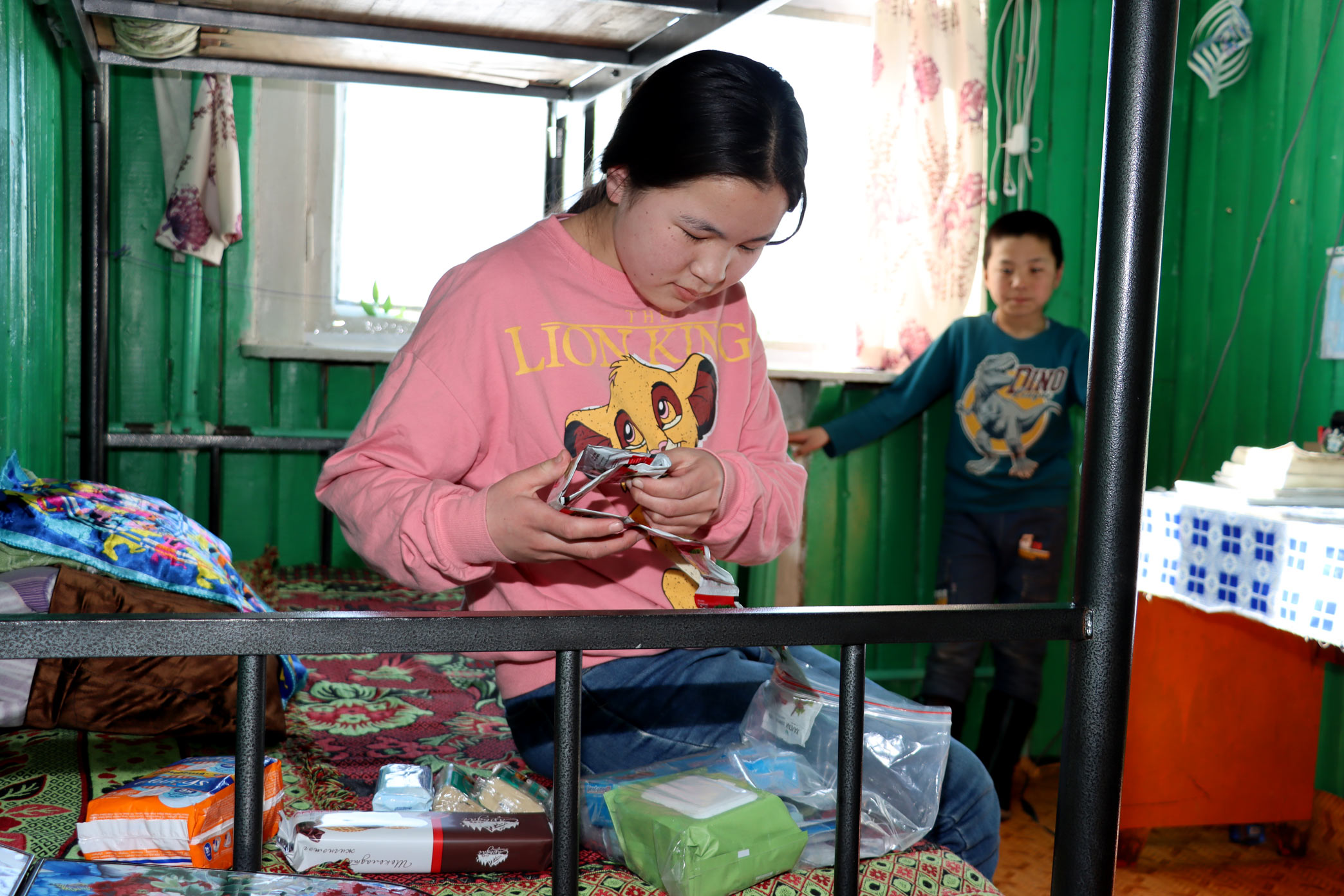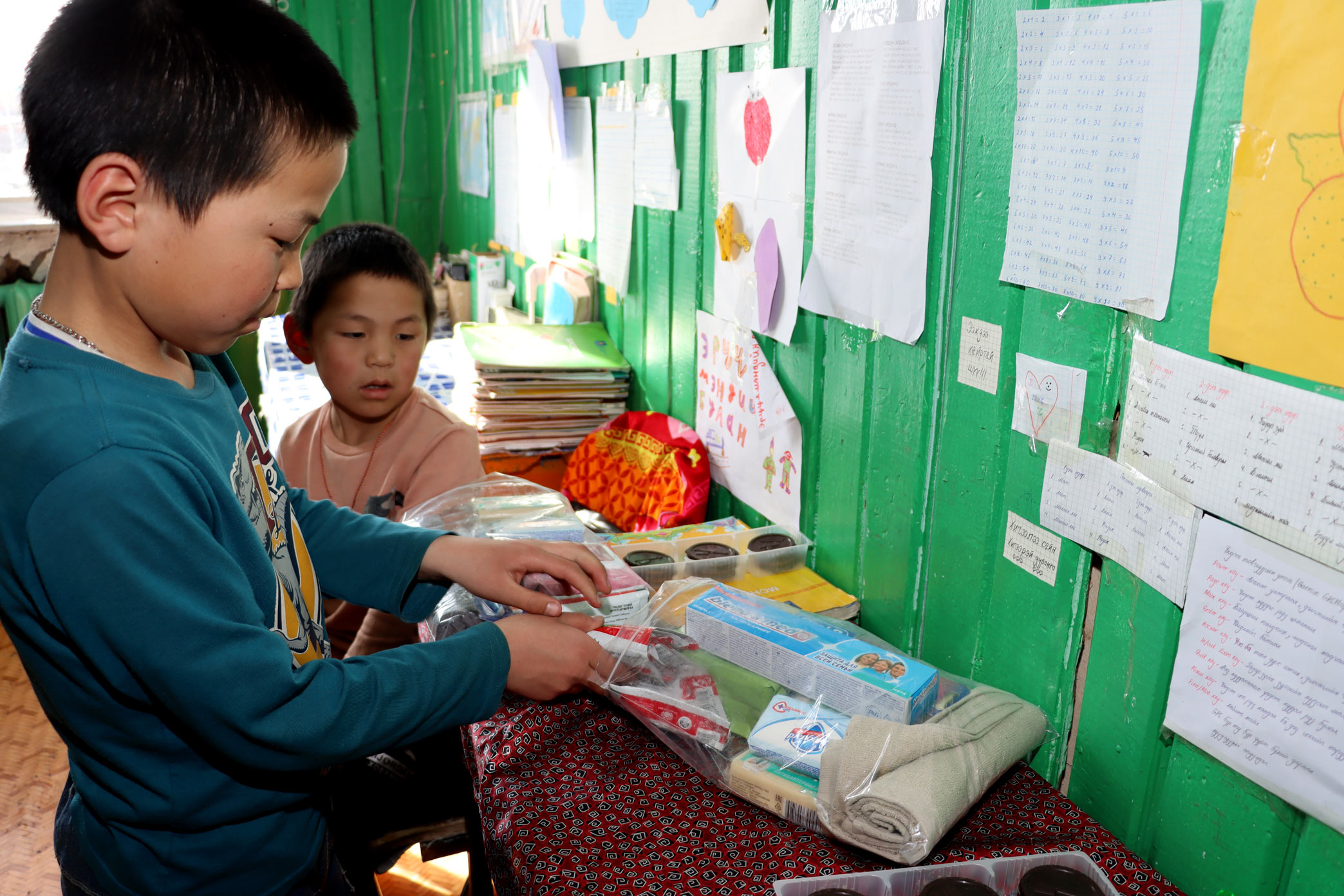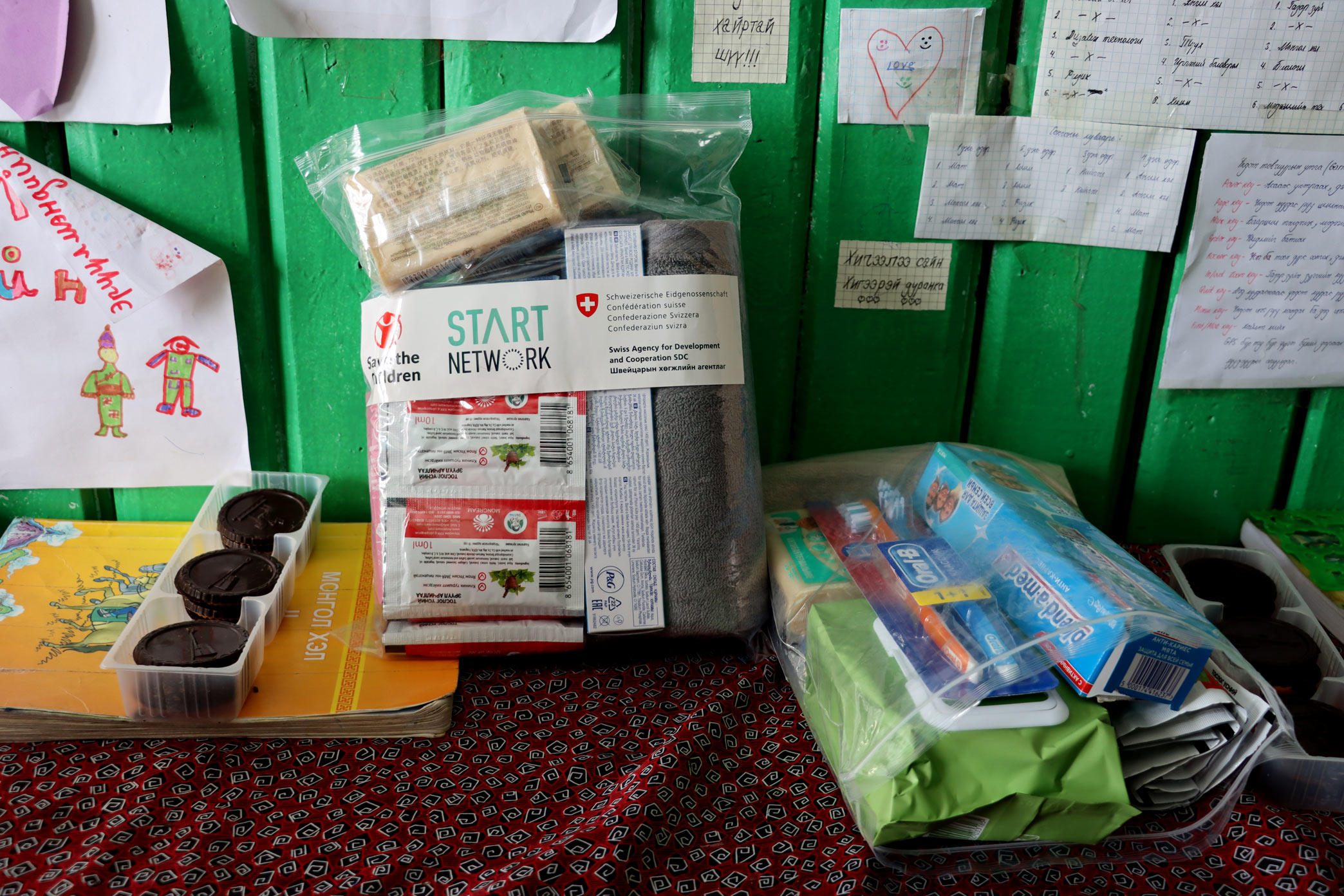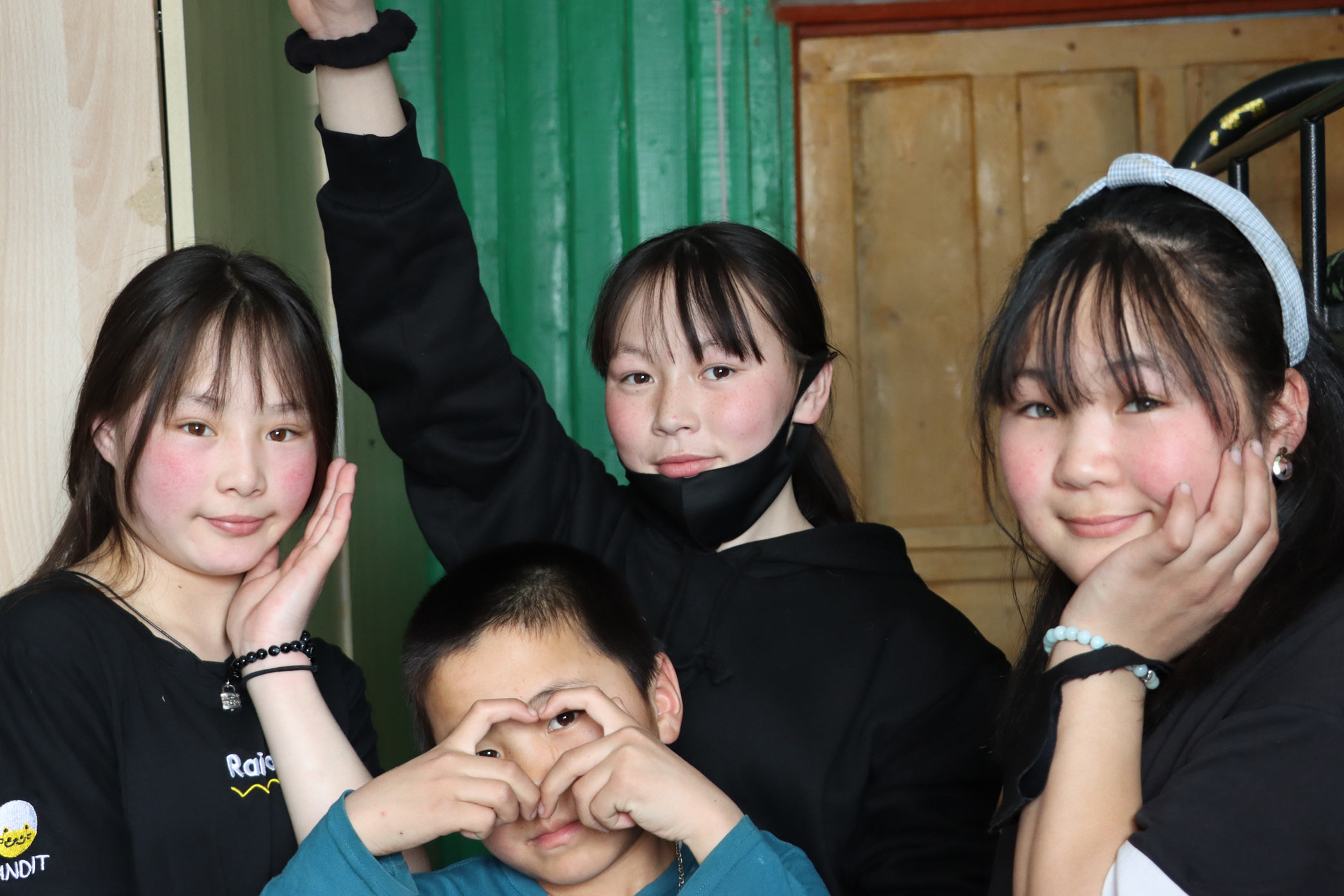Background / Project information
In the winter of 2022 to 2023, Mongolia is experiencing a Dzud, a slow-onset natural disaster, in 13 of 21 provinces. It affects the livelihoods of nearly 100,000 herder households, who rely on their livestock for a living. Based on the needs and requests of the Mongolian government, Save the Children along with the START Fund, SEED humanitarian fund of Save the Children International, and the Swiss Agency for Development and Cooperation, implemented humanitarian projects to assist herders and their children in Khovd, Zavkhan, Gobi-Altai, Bayankhongor and Tuv provinces, where the risk of dzud is highest.
1,380 of the most vulnerable households affected by dzud in 19 soums of the five provinces received 160 kg of animal fodder per household, as well as cash grants ($80 per household) to purchase essentials such as nutritious food, medicine, and warm clothing. The project also provided fuel for 6 rural hospitals and hygiene kits for 2,127 schoolchildren living in a school dormitory, far from their homes. 1,030 children from 15 dormitories also received a set of learning tools, books, developmental game sets, basic food supplies, warm blankets, mattresses, bed sheets, and winter boots.
Story written by: Delgermaa Altangerel
Country/Region of interview: Zavkhan Province, Mongolia
Photo credit: ©Delgermaa Altangerel / Save the Children
The names of the beneficiaries changed due to the child safety

